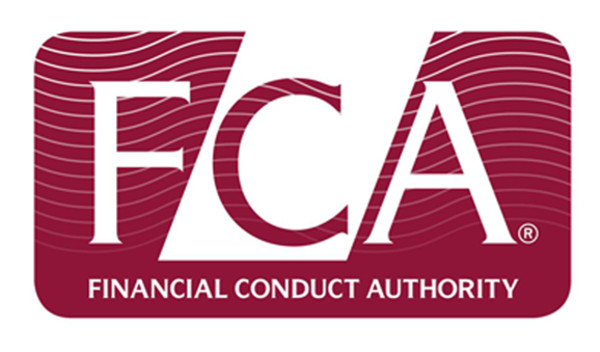

The Financial Conduct Authority has requested pension freedoms data from providers as it attempts to evaluate whether barriers are in place preventing savers from accessing their pots.
In a recently published ‘dear CEO’ letter, the FCA’s director of supervision Tracey McDermott, requested data from providers on five areas.
This included what options are offered to consumers seeking to access their pension savings, advice requirements for consumers seeking to transfer out of pensions and into decumulation products as well as their treatment of insistent clients.
The FCA has also requested data on transfer procedures and exit charges.
These topics have made headlines recently, with not all providers offering the full range of access options and there has also been criticism of delays and excessive barriers being put in the way of savers.
Most recently, Friends Life was forced to write to 1,300 customers who had requested partial pension withdrawals, telling them that the flexi-access drawdown option was no longer going to be offered due to the complexity of their pension back book.
‘Insistent clients’ have also been asking advisers to ‘fake’ letters by consumers who wish to transfer their defined benefit pensions.
Yesterday (7 July), the regulator told financial advisers to tell ‘insistent clients’ to put in writing why they chose to ignore their adviser’s advice, so they will have further protection from liability repercussions further down the line.
The letter from the FCA to providers said: “This data will, some three months after the introduction of the new pensions freedoms, provide an essential further input into our ongoing supervisory and policy work.
“It will also assist us in providing input into HM Treasury’s planned consultation looking at pension transfers and any barriers faced by customers seeking to access the new pension flexibilities.”
Talbot and Muir confirmed to FTAdviser that it received the letter via email earlier this month. Claire Trott, head of pensions technical, said that it may be difficult for firms to provide insistent clients and exit fee data.
She said: “This will be more difficult for those who have multiple schemes to provide this, particularly if they have historic pension arrangements and trying to put an [exit fee] figure on that may be difficult.”
The FCA letter also confirmed that it has worked closely with the Pensions Regulator who will be undertaking similar activity in relation to occupational pension schemes.
Firms will also be given the opportunity to discuss the current data collection by the FCA and will be looking to meet with as many firms as possible to discuss concerns.
The letter concluded: “We will coordinate with the government to align and combine, where possible, plans for engaging stakeholders in relation to this information request and government consultations.”
Last month, the government revealed it is going to consult on ensuring people are treated fairly when moving their pension to one that offers the flexible options now enshrined in legislation.
In particular the consultation, set to launch this month, will look at options to address any “excessive” early exit penalties.
These include, if there is evidence of such penalties, the option of imposing a legislative cap on charges for those aged 55 or over.
Following this, the government asked the regulator to consider whether some exit fees faced by consumers seeking to access pension freedoms could breach Treating Customers Fairly rules.
In an exchange of letters between government and the regulator, Harriett Baldwin, economic secretary to the Treasury, said while a consultation into the issue, is ongoing the FCA should still be on the lookout for instances where firms levy “unnecessary and unfair” charges.
The deadline for pension providers to respond to the FCA is the 7 August.
donia.o’loughlin@ft.com



